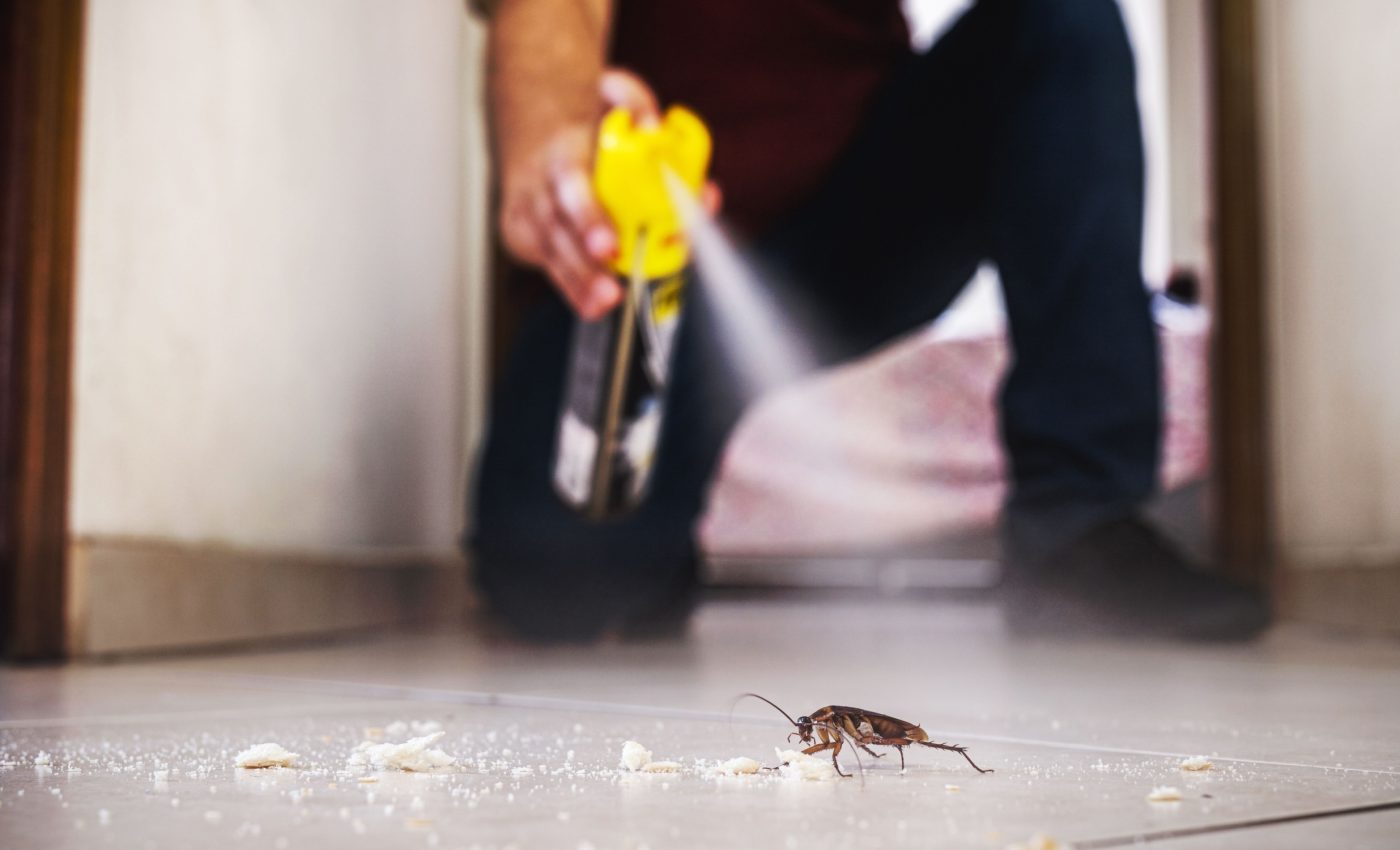
Cockroaches have evolved and developed resistance to common insect sprays
Cockroach infestations are a persistent problem for many households, but a recent study reveals that commonly used sprays are not as effective as consumers believe.
The study sheds light on the limited efficacy of these popular products, particularly against the notorious German cockroach, raising concerns about their role in pest control.
Cockroach residual insecticides
The premise behind residual insecticides is simple. Spray them onto surfaces where cockroaches are expected, and the toxic residue would poison them once they traverse the treated areas.
However, a new study published in the Journal of Economic Entomology paints a different picture.
Researchers from the University of Kentucky and Auburn University found that these residual insecticides were largely futile against German cockroaches (Blattella germanica), a notorious species globally known for infesting homes and buildings.
Laboratory testing revealed that liquid and aerosol sprays using pyrethroid insecticides killed less than 20% of German cockroaches exposed to sprayed surfaces for 30 minutes.
Even when confined to sprayed areas, most products took between eight and 24 hours to kill the cockroaches, with some requiring up to five days.
The problem with pyrethroids
The results were derived from cockroaches collected from real-world infestations, where the insects have evolved resistance to pyrethroids, the primary ingredient in these sprays.
“Due to the frequent use of pyrethroid-based residual products, it is very likely that German cockroaches inside of homes will have some degree of pyrethroid resistance,” noted study lead author Johnalyn Gordon, a postdoctoral associate at the University of Florida.
“To the best of our knowledge, a pyrethroid-susceptible German cockroach population has not been documented from the field in decades.”
Gordon conducted the study while a graduate research assistant at the University of Kentucky in the lab of Professor Zach DeVries, the study’s senior author.
Lack of effective cockroach sprays
The research highlights a significant issue. “If residents do not have access to effective professional pest control or consumer solutions, they continue to be impacted by the effects of an infestation, including the health risks associated with cockroach allergens. Home is where people should be able to relax and feel comfortable,” explained Gordon.
Despite this alarming revelation, the U.S. Environmental Protection Agency (EPA) currently does not require insecticide products to be tested on field-collected cockroaches or those demonstrating insecticide resistance.
“Hopefully studies like this one can drive changes in product testing and evaluation, so that labels accurately reflect the level of control these products can provide,” Gordon continued.
Stricter standards for cockroach sprays
Along with the ingredient composition, other factors might contribute to the faltering efficiency of these sprays, such as surface type and cockroach behavior.
Additional testing on painted drywall, ceramic tile, and stainless steel surfaces revealed that the sprays were significantly less effective on drywall.
“Given common applications of residual insecticides along baseboards, reduced efficacy on painted drywall was a particularly striking finding,” noted Gordon.
Even in populations without resistance to pyrethroids, the residual sprays had minimal effects on painted drywall.
This suggests that the porous nature of a surface may significantly impact product efficacy. Furthermore, cockroaches are unlikely to remain on insecticide-treated surfaces for extended periods, either because they are always on the move or actively avoid them.
A separate study from DeVries’ lab, published in 2023, found that resistant German cockroaches avoid pyrethroid-treated surfaces when given the choice. Combined, these factors paint a dim picture for cockroach control via insecticide sprays.
“Based on our results, pyrethroid-based DIY products are likely to fail against German cockroaches inside the home, especially if they are being used as residual products,” said Gordon.
Future of cockroach control
These findings cast a dismal shadow on the use of DIY insecticide sprays for cockroach control. Yet, other more promising DIY alternatives exist, such as gel or liquid baits that lure roaches with a food source laced with slow-acting insecticides.
Ideally, consumers could also have access to affordable professional pest-control services that take a multipronged approach known as integrated pest management (IPM).
However, this is often not the case for residents of low-income, multi-family housing, where cockroach infestations are stubbornly persistent.
“There is a strong base of knowledge and research on how we can control cockroaches, but there are numerous economic and procedural barriers that mean that this control is not occurring in these areas, arguably where it is the most needed,” said Gordon.
Targeting improved technologies that can close these management gaps is critical to achieving accessible pest management, whether that is through different active ingredients and modes of action, formulations, or product-deployment strategies.
The study is published in the journal Journal of Economic Entomology.
—–
Like what you read? Subscribe to our newsletter for engaging articles, exclusive content, and the latest updates.
Check us out on EarthSnap, a free app brought to you by Eric Ralls and Earth.com.
—–













